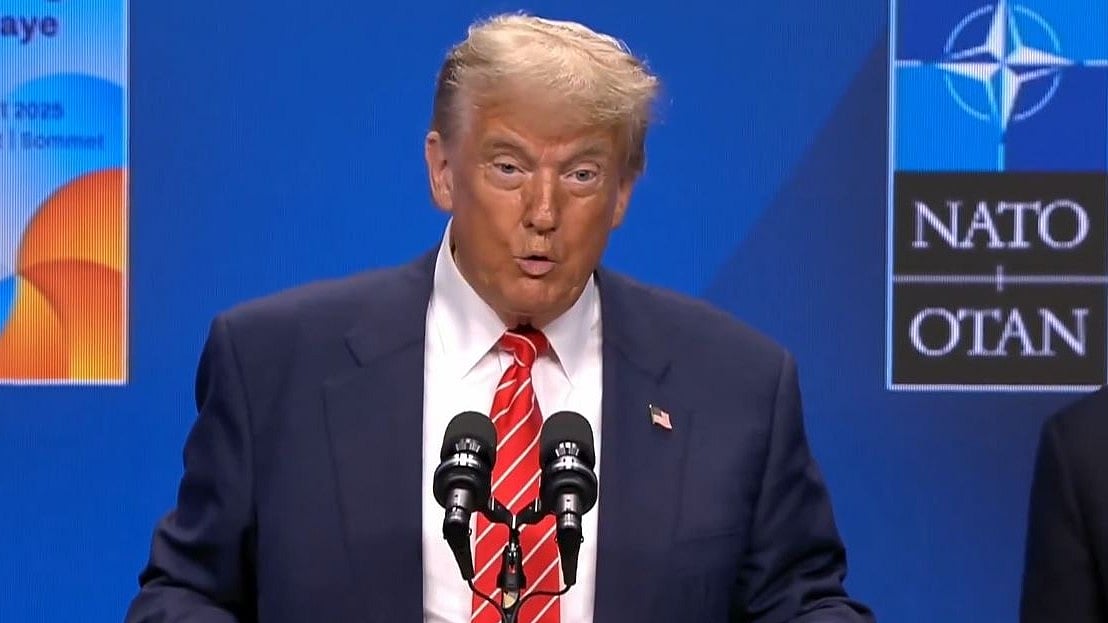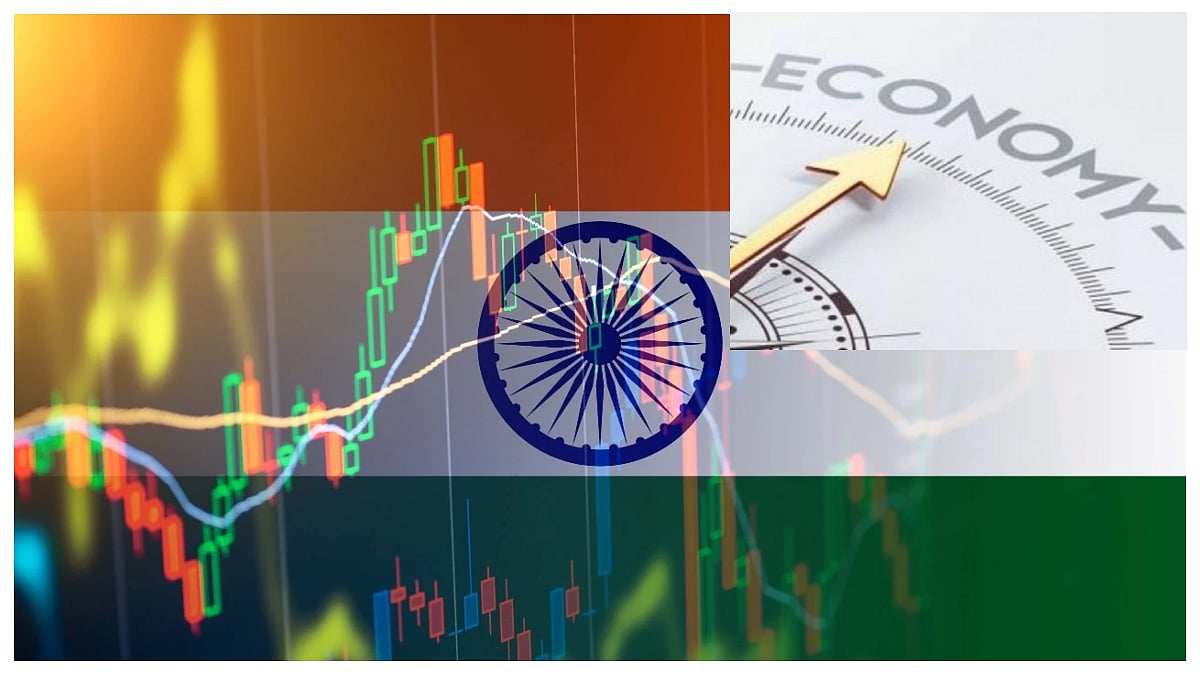The National Highway Authority of India (NHAI) has recently excluded Paytm Payments Bank from its list of authorised banks for the FASTag service. This removal comes as a ahead of the regulatory measures taken against the company.
On the social media platform X (formerly Twitter), FASTagOfficial has officially released a list of authorized banks for the FASTag service.
"Travel hassle-free with FASTag! Buy your FASTag today from authorised banks," added in the X post.
The NHAI has compiled a list of banks authorised to provide FASTag services which include Airtel Payments Bank, Allahabad Bank, AU Small Finance Bank, Axis Bank, Bank of Baroda, Bank of Maharashtra, Canara Bank, Central Bank of India, City Union Bank, Cosmos Bank, Dombivli Nagari Sahakari Bank, Equitas Small Finance Bank, and Federal Bank.
Additionally, the list features Fino Payments Bank, HDFC Bank, ICICI Bank, IDBI Bank, IDFC First Bank, Indian Overseas Bank, Indian Bank, IndusInd Bank, J&K Bank, Karnataka Bank, Karur Vysya Bank, Kotak Mahindra Bank, Nagpur Nagarik Sahakari Bank, Punjab Maharashtra Bank, Punjab National Bank, Saraswat Bank, South Indian Bank, State Bank of India, Syndicate Bank, Thrissur District Cooperative Bank, UCO Bank, Union Bank of India, and Yes Bank, The Jalgaon People C0-op Bank, Livquik Technology Pvt Ltd, and Bandhan Bank.
What is FASTag?
FASTag is an electronic toll collection system that uses RFID technology for cashless payments at toll plazas. It is a small tag affixed to a vehicle's windshield, linked to a prepaid account for automatic toll deduction, reducing congestion and promoting digital transactions on highways.
RBI's 15-Day Extension To Paytm Payments Bank
In the ongoing regulatory discussions involving Paytm, the Reserve Bank of India (RBI) has granted a 15-day extension to Paytm Payments Bank, shifting the deadline from February 29 to March 15, 2024.

RBI's Restrictions On The Payments App
On January 31, the Reserve Bank of India (RBI) officially announced a halt on Paytm Payments Bank Ltd from accepting deposits or facilitating credit transactions, including top-ups, beyond February 29. The ban, reportedly tied to concerns of money laundering and suspicious transactions involving significant sums in rupees, pertained to the interchange of funds between the well-known Paytm wallet and its less-prominent banking counterpart.











